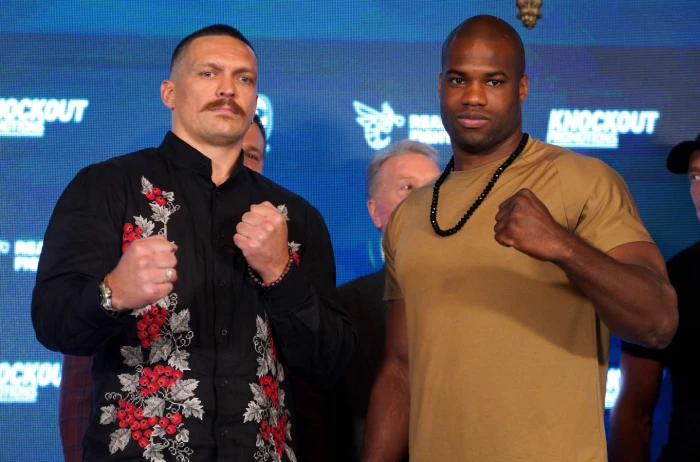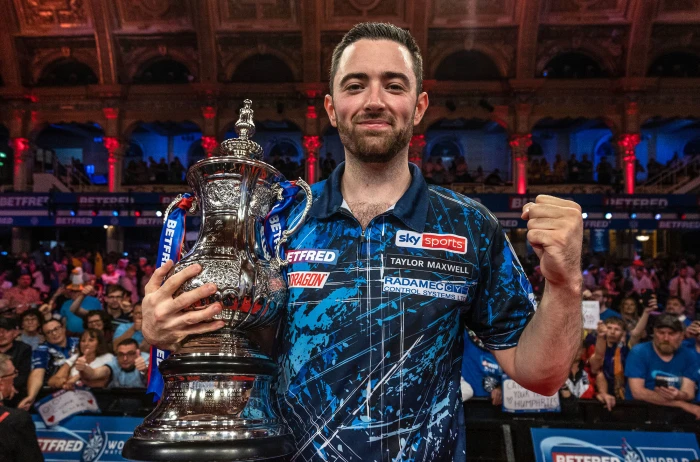The rules of sport sponsorship

World Cup sponsors Germany
Sponsorship has been integral to sport for decades, and as time progresses, you could say it's becoming even more vital.
But, while sponsorship agreements are always mutually beneficial in relation to sports, teams, competitions and sports stars, they're not and have never been a free for all, and there are rules and regulations in place.
Gambling companies have always been extremely keen to have this as part of their overall marketing strategy for obvious reasons.
Multinational groups like Entain for example, have always sought to increase the prominence of their various brands in a variety of sports.
This can be clearly seen with the likes of
one of their best casinos, PartyCasino, recently partnering with the Formula One racing team McLaren.
One of the prime examples of the rules and regulations surrounding sport sponsorship is in football with the English Premier League.
Multiple teams competing in the competition are sponsored by gambling companies, which has always been a marketing match made in heaven.
But, by the end of the 2025/26 season, no more front-of-shirt gambling sponsors will be permitted in the Premier League due to new legislation.
Again, using football as an example, at the top of the game, sponsorship is a way for clubs to generate revenue, which then balances off expenditure.
So, in short, the more revenue generated, the more a football club can spend.
However, it's not as clear cut as this because teams such as
Manchester City are effectively sponsored by themselves, which means that there could be a way to inflate numbers via an agreement and gain an unfair advantage, another no-no.
There's also a social responsibility aspect that must always be adhered to in sport sponsorship.
For example, there are young people and children within every fanbase of every sport. But, if an alcoholic drinks company or a gambling brand sponsors the team they support, there would be limits in terms of direct marketing and how much said brand is pushed.
There'd also be specific rules surrounding if a brand deemed unsuitable for younger people can feature on the front of a replica kit or jersey.
Other rules could relate to the country where a particular sport is being played.
Similarly, taking
alcoholic drinks brands and gambling companies as an example, if a sport is taking place in a country where alcohol and gambling are prohibited, then sponsorship agreements with businesses operating within these sectors are also going to be off-limits.
This can be for legal reasons because of the government's rules, ethical and religious reasons, or a combination.
Another critical element of sport sponsorship that often gets overlooked is the rights and usually the exclusive rights a sponsor will have as part of an agreement.
Because it's likely that a sponsor won't be the only sponsor of a team or a competition, it's always important that everything is clear and the terms of the agreement are stuck to precisely. Otherwise, all sorts of problems can arise.
In some ways, the rules of sport sponsorship are straightforward, especially when they're detailed in the contracts that are drawn up and overseen by legal experts.
However, other forces can come into play, such as different jurisdictions having different rules, religious beliefs, and regulations surrounding certain activities such as gambling, which makes knowing what's what even more important.



